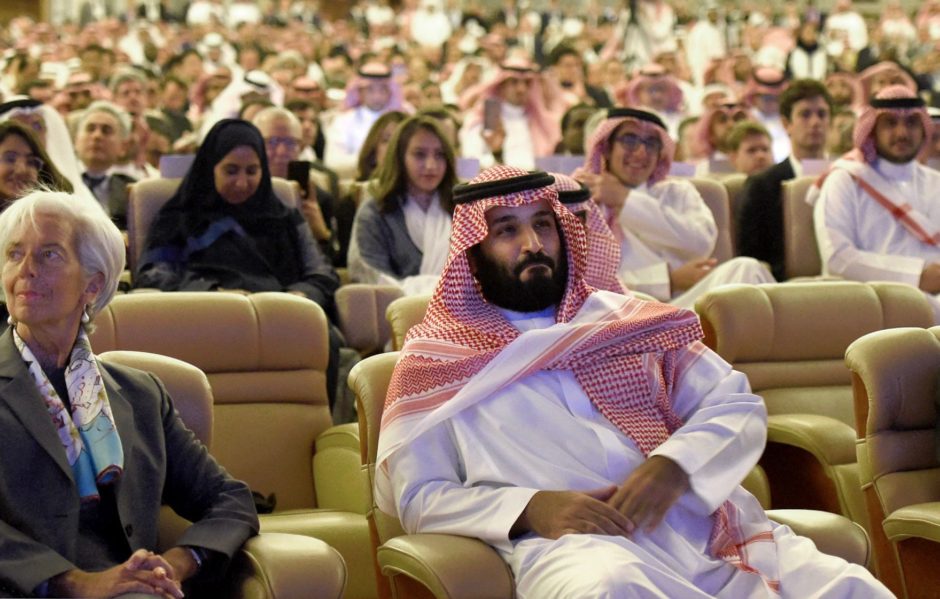Canadian Prime Minister Justin Trudeau was right to stand up to Saudi Arabia following its petulant decision several days ago to downgrade bilateral relations with Canada across the board.
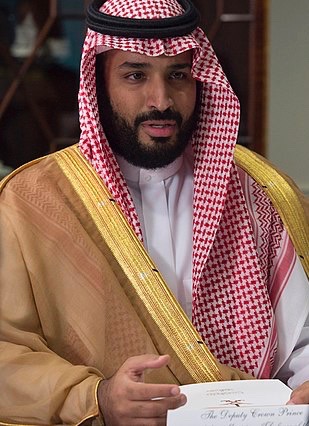
Furious over Canada’s perfectly legitimate criticism of its execrable human rights record, the Saudis went ballistic, dismissing the critique as an unjustified intervention in their internal affairs. Under the apparent direction of Crown Prince Mohammed bin Salman, the son of ailing King Salman, the Saudi government lashed out at Canada so that other countries will be deterred from raking Saudi Arabia over the coals.
Responding to an array of draconian Saudi measures aimed at punishing Canada, Trudeau declared, “Canadians have always expected our government to speak strongly, firmly, clearly and politely about the need to respect human rights at home and around the world. We will continue to do that, we will continue to stand up for Canadian values and indeed for universal values and human rights at any occasion.”

Speaking in Montreal on August 8, Trudeau refused to bend to Saudi pressure and deliver an abject apology. The Saudi foreign minister, Adel al-Jubeir, had told reporters in Riyadh that he was not interested in mediation and that Canada needed to “fix its big mistake.”
In an overture to the Saudis, Trudeau said, “We do not wish to have poor relations with Saudi Arabia. This is a country of some importance around the world that is making some progress when it comes to human rights.” But Trudeau added that Canada would “remain firm on standing up for human rights.”
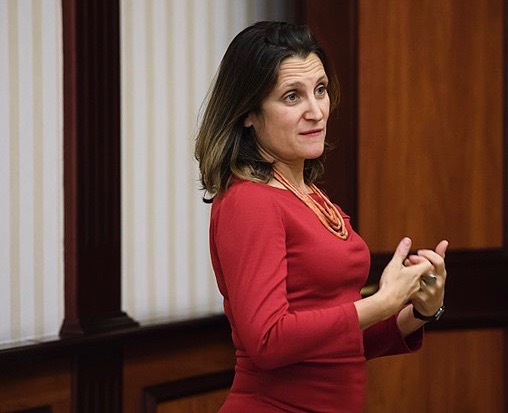
The current squabble between Canada and Saudi Arabia began when Canadian Foreign Minister Chrystia Freeland, in two Twitter posts issued last week, urged Saudi Arabia to immediately release imprisoned human rights activists. In particular, she demanded the release of two Saudis — Samar Badawi, a women’s rights campaigner who was recently imprisoned, and her brother, Raif Badawi, a blogger who was packed off to jail for 10 years in 2012 because the Saudi authorities could not tolerate his liberal website.
In 2013, Canadian Prime Minister Stephen Harper gave Badawi’s wife and children political asylum in Canada. This summer, Trudeau granted them citizenship.
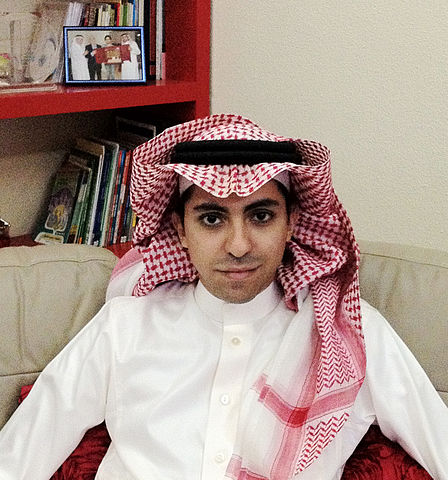
Freeland’s tweets prompted the Saudis to recall their ambassador in Ottawa, expel the Canadian ambassador, freeze all new trade and investment agreements with Canada, cancel plans to buy Canadian wheat and barley, order 15,000 Saudi university students to leave Canada and announce that flights to Canada by its national carrier, Saudia, would be shortly suspended.
Saudi Arabia, however, will continue to sell oil to Canada. Its energy minister, Khalid al-Falih, said Saudi Arabia has a “firm and long-standing policy that petroleum supplies are not influenced by political considerations.”
It was certainly not the first time Canada had criticized Saudi Arabia over the question of human rights. But in the past, the Saudis did not make a fuss over it.
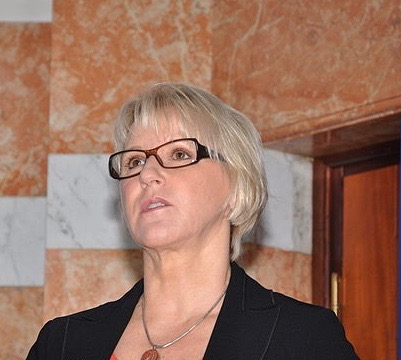
In 2015, though, Saudi Arabia recalled its ambassador to Sweden after its foreign minister, Margot Wallström, blasted the imprisonment of Raif Badawi. Describing his lengthy sentence as “medieval,” she correctly characterized the House of Saud as a dictatorship.
There is no doubt whatsoever that Saudi Arabia is a serial violator of human rights.
In the U.S. State Department’s latest report, Saudi Arabia, an absolute monarchy, is charged with carrying out “arbitrary arrests and detention” of government critics, human rights activists and lawyers, and is accused of detaining political prisoners without due process.
Recently, the United Nations’ Office of the High Commissioner for Human Rights urged Saudi Arabia “to unconditionally release all human rights defenders and activists who have been detained for their peaceful human rights work, including their decades-long campaigns for the lifting of the driving ban for women. Any investigations must be held in a transparent manner, with full respect for due process rights. All human rights defenders should be able to carry out their crucial human rights work without fear of reprisals or prosecution.”
In a scathing report released recently, Amnesty International reported: “The authorities severely restricted freedoms of expression, association and assembly. Many human rights defenders and critics were detained and some were sentenced to lengthy prison terms after unfair trials. Several Shi’a activists were executed, and many more were sentenced to death following grossly unfair trials before the Specialized Criminal Court. Torture and other ill-treatment of detainees remained common. Despite limited reforms, women faced systemic discrimination in law and practice and were inadequately protected against sexual and other violence. The authorities used the death penalty extensively, carrying out scores of executions. The Saudi-led coalition continued to commit serious violations of international law in Yemen.”
Given Saudi Arabia’s repressive policies, Canada was absolutely right to call it out on human rights. But an argument can be made that Freeland should have conveyed her concerns to Saudi Arabia through regular diplomatic channels rather than on Twitter, a medium that leaves little or no room for nuance, which lies at the essence of diplomacy.
Although Canada acted appropriately in criticizing Saudi Arabia’s poor human rights record, Ottawa is skating on thin ice by harping on this issue. Last year, Canada was forced to launch an investigation to ascertain whether Saudi Arabia — the centre of Sunni Islam — had violated Canada’s export rules by deploying Canadian-manufactured armored combat vehicles to suppress unrest in the eastern part of the country, which is mainly inhabited by Muslims from the minority Shia’a sect.
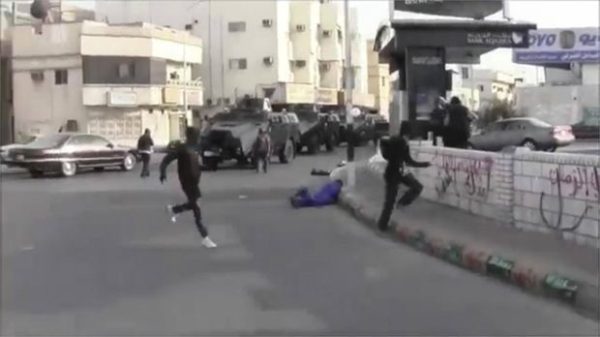
Video footage and photographs displayed on social media showed the Saudi army using the vehicles against Saudi civilians. Freeland told The Globe and Mail she was “deeply concerned” by the news. A spokesperson for the Canadian government said, “If it is found that Canadian exports have been used to commit serious violations of human rights, the minister will take action.”
A report released three months ago found no hard evidence that Saudi Arabia had committed human-rights violations. “Proportionate and appropriate force” had been used against local residents, the report added.
But Canada is not out of the woods with respect to this problem. In 2014, Saudi Arabia signed a $15 billion deal to purchase 900 Canadian light armored vehicles equipped with machine guns and anti-tank cannons. The sale was contingent on a Saudi promise not to use the vehicles against its citizens.
Amnesty International Canada has called on the Canadian government to cancel the contract. Freeland’s predecessor, Stephane Dion, vowed in 2016 to rescind the export permits of buyers who commit “any human rights abuses.”
As far as one can tell, the Saudis haven’t cancelled the $15 billion agreement. But once the vehicles are delivered, Canada will have to ensure that they’re not deployed in ways that conflict with internationally accepted human rights standards.
